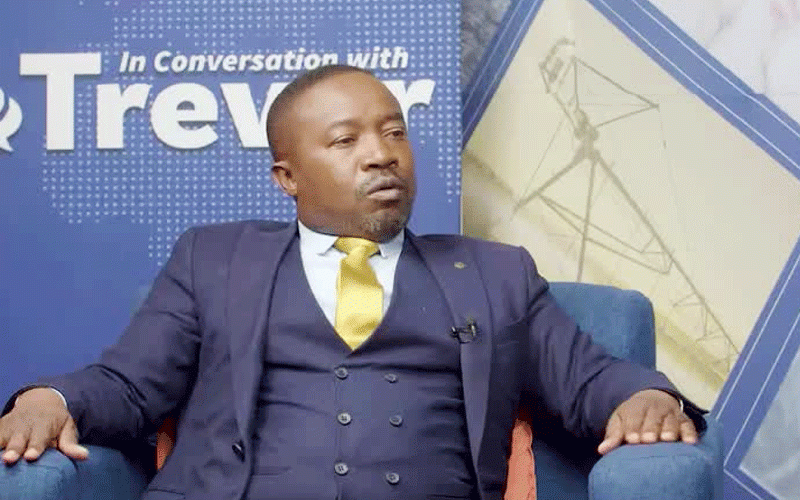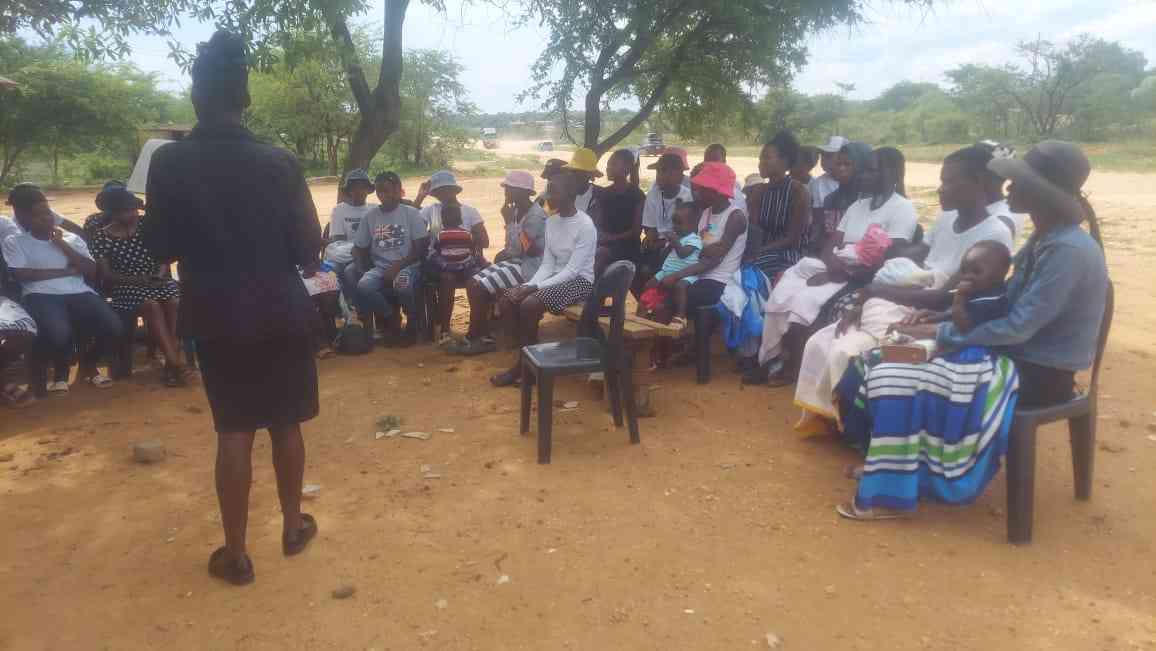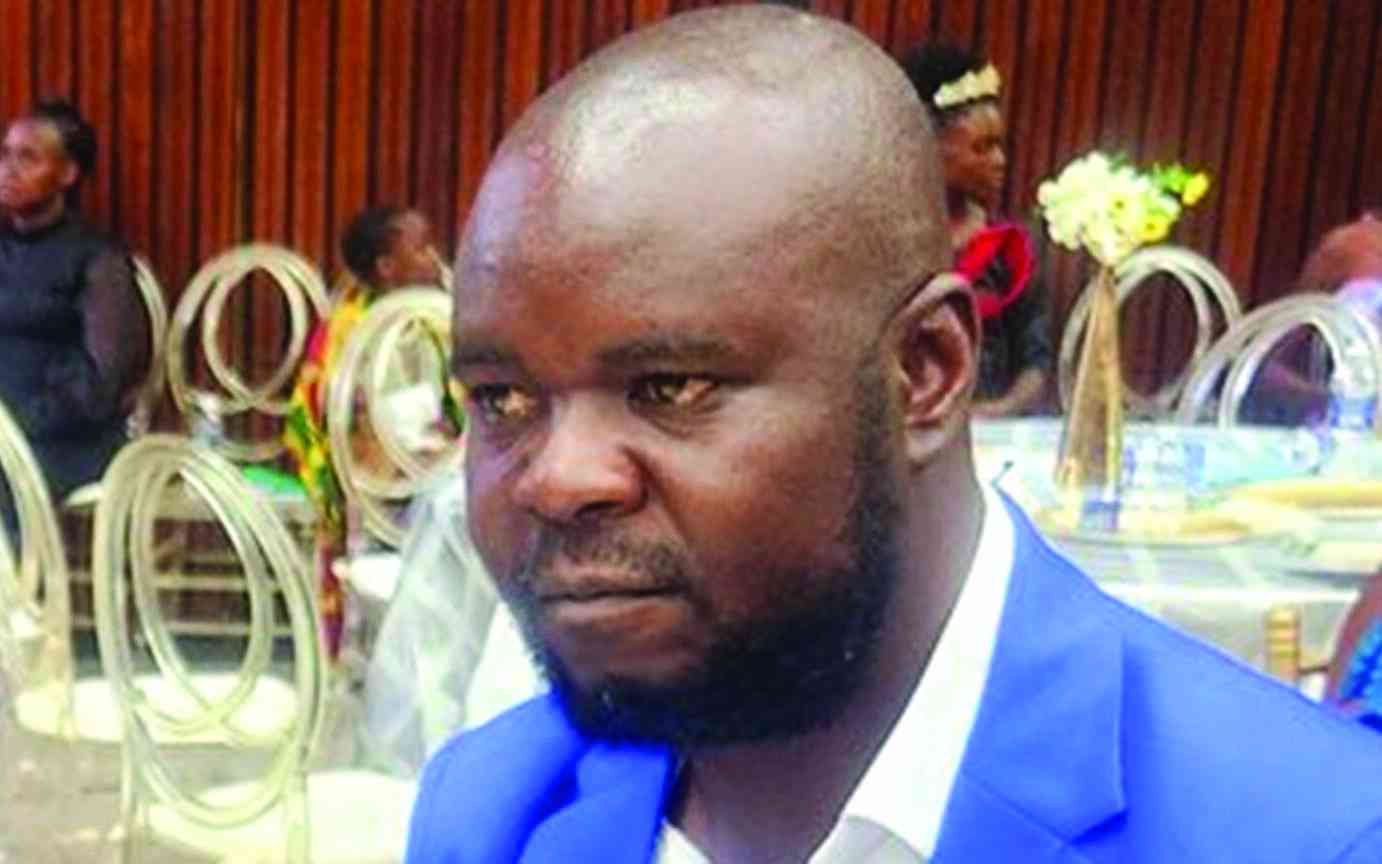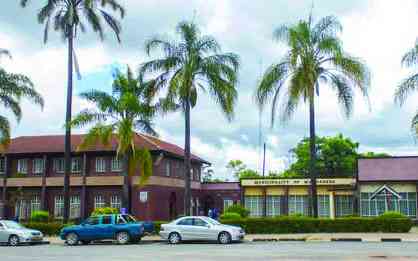
Harare mayor Jacob Mafume says Zimbabwe’s opposition has become more measured and tactful in challenging authoritarian rule because of experience gained over the years.
Mafume (JM), a former student activist, played an active role in the formation of the original MDC and is now a senior member of the Citizens Coalition for Change led by Nelson Chamisa.
He told Alpha Media Holdings chairman Trevor Ncube (TN) on the platform In Conversation with Trevor that in its formative years the opposition was naïve to believe that the Zanu PF administration would be civil in dealing with its critics.
Below are excerpts from the interview.
TN: His worship, the mayor of Harare, Councillor Jacob Mafume, what a pleasure having you around sir.
JM: The pleasure is all mine, very humbled to be here.
TN: Thank you sir.
JM: I am very happy to be having this conversation with you.
- In Conversation with Trevor: Chisamba: Let’s be proud of ourselves
- In Conversation with Trevor: ‘I tried to change Zanu PF from within’ – Margaret Dongo
- In Conversation with Trevor : How car crash changed my life
- In Conversation With Trevor: ‘We lost our humanity’
Keep Reading
TN: Fantastic. I will start at a place, a point of hurt.
Sincere condolences, you lost your mother in March.
As somebody who has lost their parents myself, I know how it feels like.
How close were you to your mother? Talk to us about that relationship and what she meant to you?
JM: Yeah. We were very close. It was very hurtful, you know you are never prepared for that sort of pain.
The loss is something that you cannot measure, you also cannot understand it until you go through it.
There is a measure of permanence that is there that is seriously problematic.
We were very close, we are a very small family, the five of us and our father, who's thankfully still alive, and we grew up together singing hymns at night, praying.
She was a teacher, my father was a headmaster, so you come from school, you go home to teachers, and you get very close and do a lot of things to make them proud.
Everything you do you want your mother to be proud.
TN: Yeah.
JM: So when she goes it really leaves a very big void somewhere.
We are thankful for the support that we received from the nation. My mother was very quiet and unassuming...
TN: The exact opposite of you, you are not quiet! Ha ha ha!
JM: The exact opposite! I am sure she would have been very surprised at the drama that ensued at her funeral!
TN: Yeah, we will get there about that drama.
For me, my mother was known as basically the mother of the neighbourhood.
If any child got naughty people would say I am going to send you to Mai Trevor and Mai Trevor is going to deal with you.
Our mother was very firm with us, loving but firm.
What do you remember from your mother? What do you carry in regards to memories?
JM: Yeah, she was loving. We grew up in the rural areas, Mafuwe Village, Mbetu in Masvingo.
She was also a mother for the neighbourhood, you know being a teacher, the rural people always assume that there is wisdom...
TN: Yes
JM: Indeed there was wisdom, every problem, food, eating, I used to remember at breakfast people would always have an excuse to be passing by...
TN: Ha ha ha!
JM: And you know in the rural areas no one can pass by without you offering what you are eating.
So most of the times we would either eat very fast because we knew that our plate would be transferred to one village elder or the other should they happen to pass by.
So she was very generous, very loving, even when we grew up we would buy food; as they refused to leave the rural areas.
We would buy food and send it and within a few weeks they would phone and say the food was finished and we would say, but we bought a whole room full of food!
They would say how can we eat when everyone is not having anything? So if you are buying for us you are buying for everyone.
TN: May her soul have rest in peace. You talked about the drama at her funeral? Shall we go there?
I think this is the opportunity for corrections to be made, because we had Godfrey sitting there, and Godfrey says at mayor Jacob Mafume’s mother's funeral certain things were said which made people believe that there was some alliance between President Mnangagwa and Nelson Chamisa.
Is that the drama you are talking about or there was a separate drama?
JM: Well it was the drama probably when Chief Charumbira made his speech...
TN: Yes.
JM: It was unscripted and not consulted.
We come from Chief Charumbira’s area. He is our uncle or grandfather besides being a chief and he has been part of the family since we grew up.
You must understand when you are in a chieftaincy and your father is a headmaster or (agriculture extension officer) or some such other post, these are the village leaders.
You move from the chief, it is the local pastors, the local headmasters, the (agriculture extension officers) and so forth.
So your families tend to be closely knit and you tend to go to functions together, be it funerals at their houses, weddings and so forth.
As our custom and tradition in the rural areas the chief always speaks last at a funeral and sends a message and he said certain things.
But above all in his message which might have been missed was the message of peace, a message to say we are all one, a message to say let us talk together and there is no need to fight.
He was graphic in saying let us have tea, even if you suspect the tea bring your own kettle and your own water and your own sugar and let us drink together.
And my leader, president Nelson Chamisa, took it in good faith. He was there at the funeral, and we felt like that is what a chief is supposed to talk about at a funeral and that was a message and he saw it as a national platform to be able to give out a message.
But certain statements and views were then taken out of context; you know the toxic and polarised nature of our politics.
TN: One big question that I have for you his worship the mayor is why did you get into politics?
JM: Well we got into politics...There was you know the Damascene moment, it is not dramatic.
I listen to some stories by war veterans: a person says I was sitting on the top of a rock and then I realised that people were not free and then got up, went and took a gun.
I do not think I had one moment like that, it was a build up.
We were student leaders ever since high school.
When I went to college I became a student leader, being a student leader we protested about the conditions that we were facing as students.
That is when the economy was starting to go down, fees were being introduced at the University, corruption, our parents were no longer affording things that they were able to afford before and we identified the root cause of that problem as a governance problem in the regime that was laid by Robert Mugabe. And we built up our protest from there. You know the days of Mutambara, Learnmore Jongwe...
TN: Yeah Arthur Mutambara was sitting there...
JM: At that time Nelson Chamisa was the president of Zinasu or secretary-general of Zinasu.
So we were a group: Judah Jongwe, Job Sikhala, Tafadzwa Musekiwa, Fortune Mguni (Daniel Molokele) and a whole lot of other people who are now part of the politics of this country.
We then were protesting, and that is when it began and then the labour movement came and linked with us at the university. Morgan Tsvangirayi...
TN: You were part of the NCA, the National Constitutional Assembly, which gave birth in a way to MDC. Am I right? You can correct me there.
JM: Yes.
TN: You were part of the NCA?
JM: Yes I was part of the NCA. We were the student leadership portion of the NCA.
We led the protest against the (Constitutional Commission), the referendum vote...
TN: Ah yes.
JM: We were deployed, we would go to public meetings to speak against that (draft) constitution and as part of the National Constitutional Assembly we then resolved to be part of the process, you know the people’s conventions, the yellow papers, the whole process leading to the formation...
TN: A whole lot of rich history leading to the formation of MDC-T, rather MDC.
When you look back Jacob, when you look back at the fire, the excitement, the letter and the spirit of the formation of MDC sitting there now looking at the rear view mirror is that fire still there?
Is that passion still there? Is that letter and spirit still there as far as the the movement that you were so instrumental in giving birth to well?
JM: I believe it is still there.
I believe that earlier on we had some exuberance, we had the excitement that comes with inexperience.
We felt that we could do anything and be anything and once you said we had a genesis moment, you know when you form something you tend to have a creators' complex.
You believe if you say it so it will be, and that was the, I would not want to use the word naive innocence, that we had. We still have a fire...
TN: Youthful exuberance?
JM: A youthful exuberance then and a belief and the clear underestimation of the forces that were gathered against change, and our ability to convert people.
But we have gathered a lot of experience now, we still have the same fire, but we now have the benefit or the wisdom of hindsight.
We know what is in the realm of the possible, what to push and also to measure and manage our excitement at any process that we are doing.
Also to avoid certain dangers, not only to ourselves but to our supporters.
At that time a lot of lives were lost because we did not believe that the regime would be so cruel to its own people.
You know we did not have the benefit of what our other colleagues in the Ndebele part of the country had gone through, as young people that thing had been censored from us.
So we did not know the murderous rage that would then come against us for simply demanding simple things like voting, a free press, a better economy and so forth.
So 2008 and its violence taught us a different whole new side to what we were facing and how to measure our tactics and what we need to do and how we do it going forward.
In many ways to avoid harming ourselves or causing harm to our supporters who in most cases would be innocent yeah.
TN: You remind me of the baby steps. When a child is born when they begin to crawl, they will touch fire until it burns them and then they realise that it is hot, it is not to be touched.
Are you now at a point where you are much more cautious than exuberant? What is this wisdom from the lessons that life has taught you brought you to?
JM: We have become far much more cautious, far much more deliberate, far much more concerned about the timing of the things we do.
If you remember when we started, we could be in the streets for the slightest degree of irritation.
We would have a disproportionate response to any perceived slight, but now you can see a deliberateness.
And sometimes people then say no you are doing nothing, you are not reacting as you are supposed to do, you are not angry enough. But we know.
TN: You are angry, but you are measured with your response.
JM: We are angry and we know what we are facing, we know the response of the international community, we know the response of Sadc, we know the response of local actors, and we know that at the end of the day if you do things that are not calculated people will begin to blame you for having acted precipitously when knowing fully well the consequences that will ensue.
We believe we have pushed the democratic struggle to a point where people no longer see it as impossible for us to be part of government.
We are part of local government now.
We are now being spoken to at national events. We are invited. We have meetings with government officials where we agree...










